Life in a wooden cottage – where time passes slowly
It wasn't easy moving to the wooden house, but it was beautiful. I'd wake up with an icy nose and watch the neighbourhood dogs saunter past the gate, announcing the start of the day. One morning, I awoke to see a robin bobbing along the window ledge, a breath apart from where I lay in bed. It would take at least ten minutes to prise myself from the warm bed sheets to trudge through the snow to cook porridge in the kitchen on the other side of the garden.
The kitchen cottage was one room, with a few crooked cupboards, two gas rings and a fireplace surrounded by blackened pots. The wallpaper, pink and shiny, peeled at every corner with plants growing through. The water from the tap numbed your hands so we would carry big plastic boxes of dirty dishes to the bathroom at the back of the house. The shower, at least, was hot.
My bed. I would sleep with my hat on.
Heat, or lack thereof, was a continual theme. Woodworm and time played to the wind’s advantage, which seeped through every crack and hole. The main wooden cottage was built around a white-washed fireplace, adorned with a hammer and sickle, so you could have a fire in each of the three rooms.
I sat and watched the flames lick at the mossy logs for hours, sitting on a yellow plastic chair as close to the heat as possible without melting the chair. If the logs were damp, they hissed in dismay, fighting back against the flames. If they refused to light, I would fling chacha from a green plastic bottle and watch the blue fireball with anticipation, praying that the logs would catch. Chacha is the spirit of Georgians. Often more than 60% of alcohol, it burns your throat and is ideal for any fire.
Tom and I spent two months living in this house, fumbling to learn the ways of a Georgian village. Our neighbours were bemused that we had moved to Balda – being the first foreigners to do so. We slowly learned the names of our neighbours and which roads had loose aggressive dogs. We learned the fair price for a LADA trunk load of firewood from the Friday bazaar.
Sharing was the currency of life here, not money. Everyone in Balda lives mostly self-sufficiently. They grow their own corn and make their own cheese and bread. The grassy verges are home to ducks, cows and pigs basking in the mud. Our neighbour would bring his horse to graze in our garden and showered us with homemade cheese, bread and honey. I’d feed the horse carrots and beetroot from our balcony at lunch.
Days melted together like the snow and spring slowly warmed the air. One afternoon, we were herding a family of cows out of the garden when the horse escaped through the gate. Armed with half a cucumber and a cabbage (we were running low on vegetables before the weekly Friday market), I trotted up the road to try and lure her back. But, she wasn’t to be fooled by my trail of cabbage leaves. We called Brati.
By the time Brati arrived in his clunky Mercedes, his horse was close to the waterfall a few kilometres from our house. She couldn’t outrun his quick manoeuvres, despite the age of his car and the bumpy track and Brati slung a rope around her neck. He drove us all home, one arm on the steering wheel, one arm holding her rope out the window, whilst explaining that his cousin has a son who lives in Kutaisi who make a good husband for me.
“He has an apartment and a car – good man, good man,” he explained.
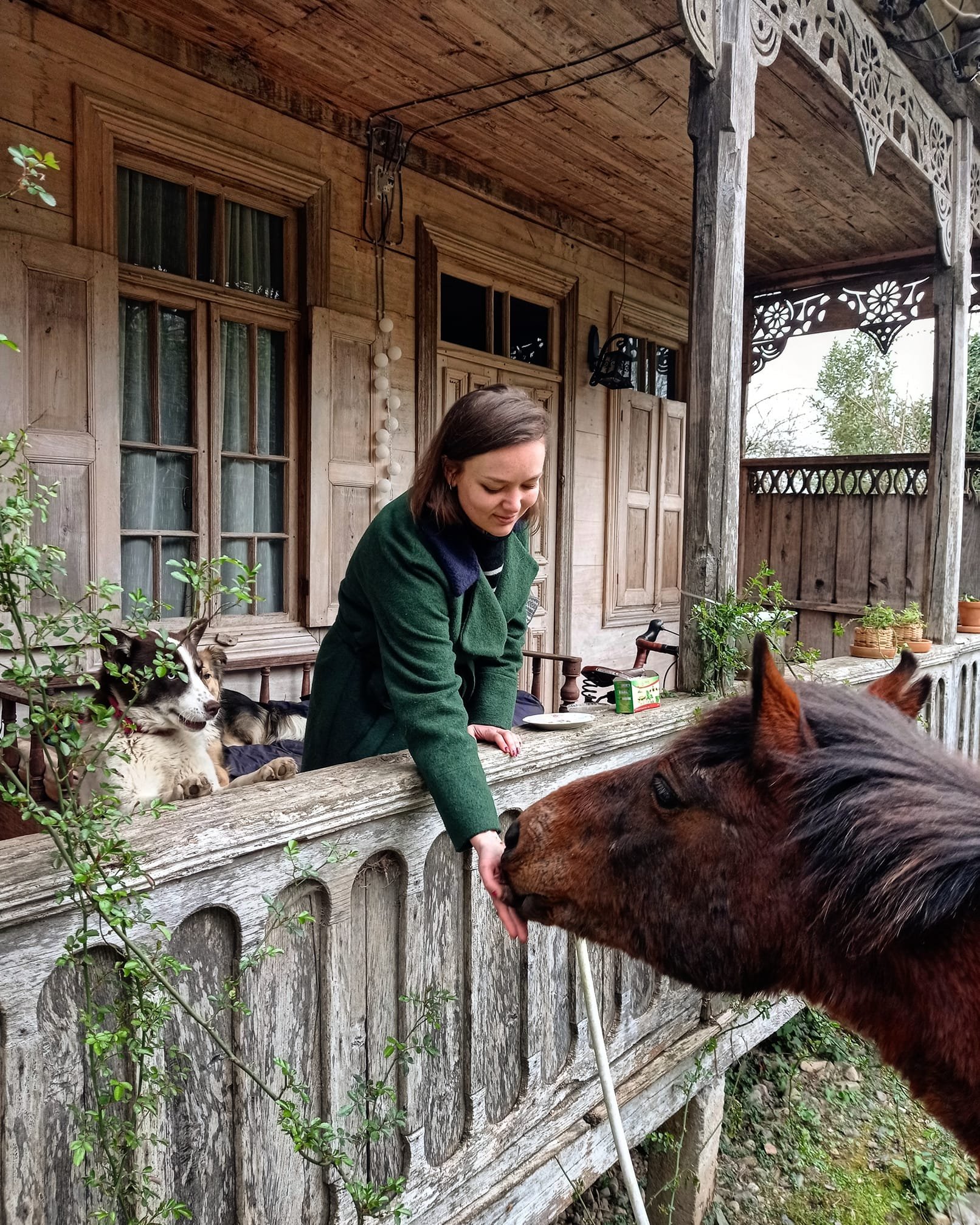
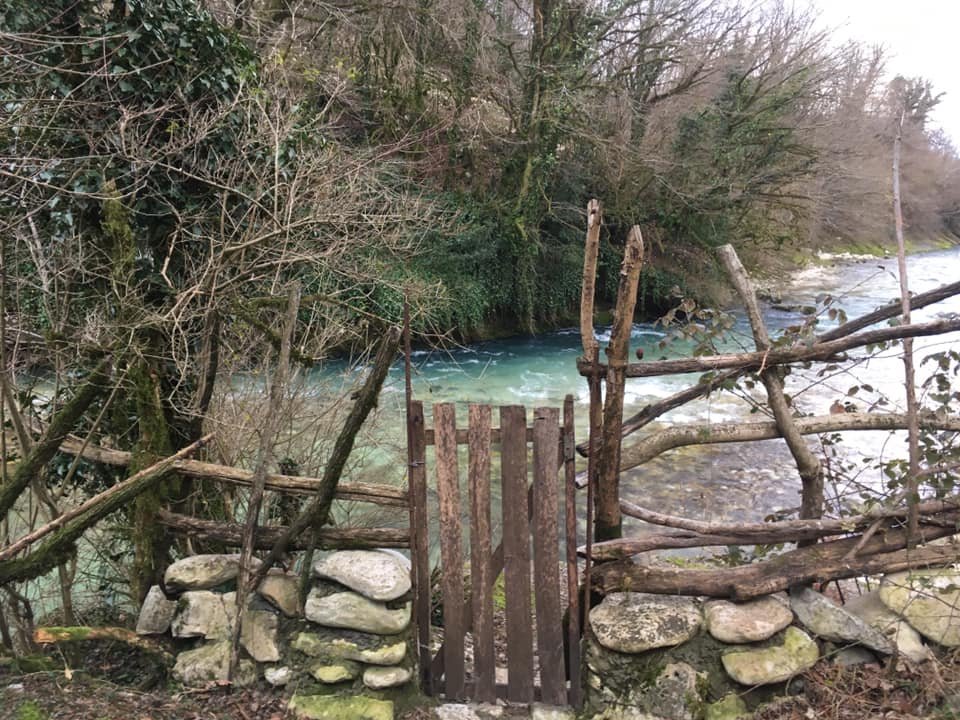
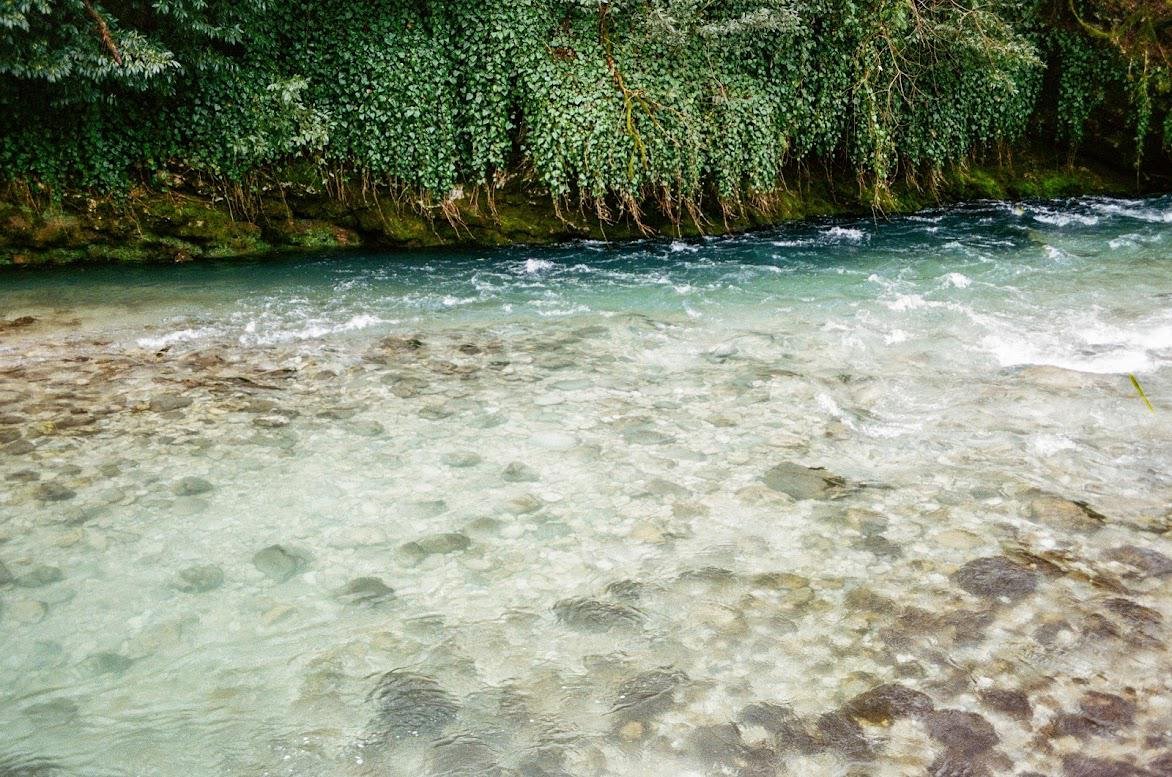
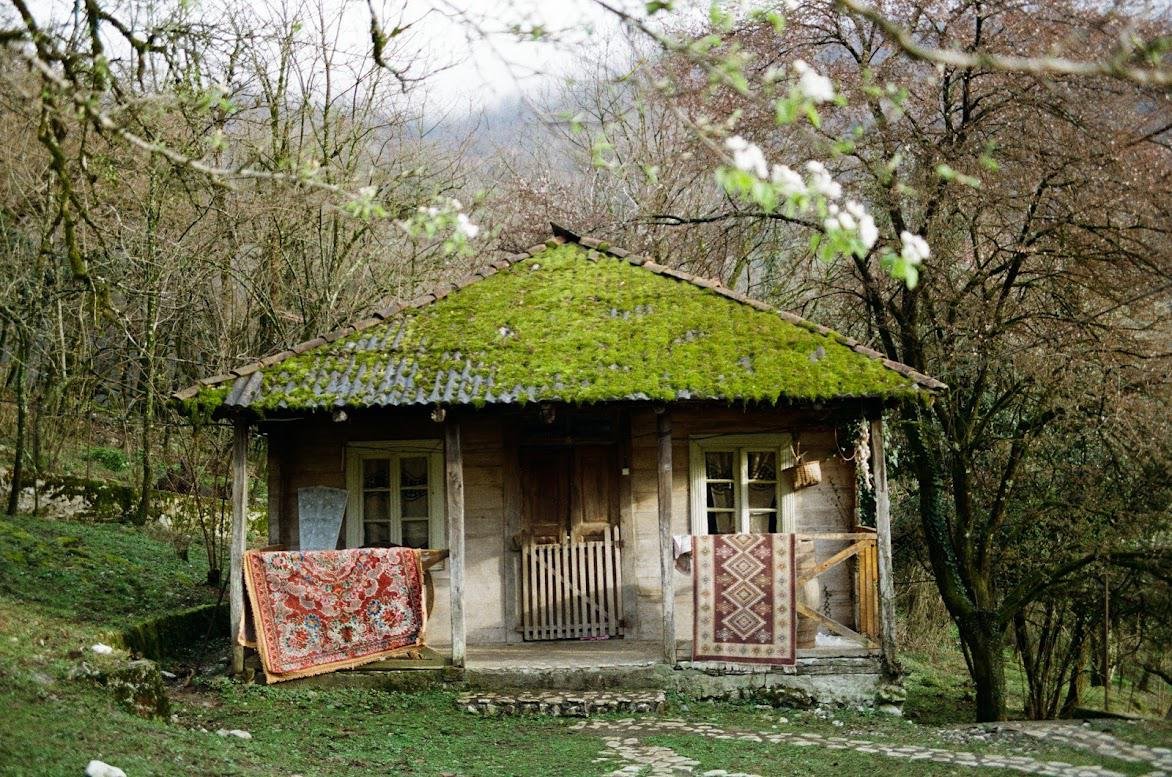
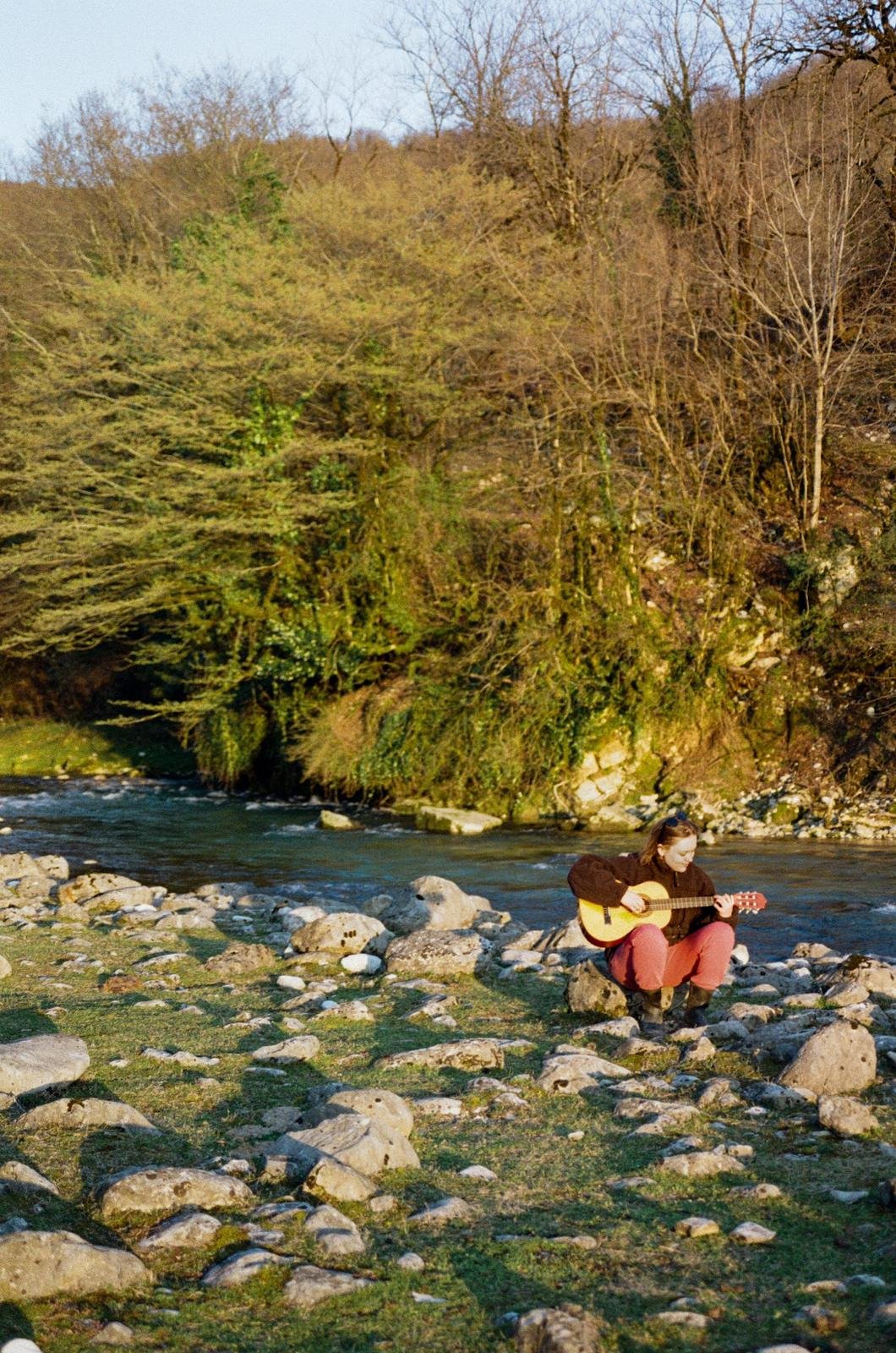
It was close to golden hour when we returned, my favourite time of the day. The sun cast long shadows across the rocks along the rivershore. I carried a cup of blueberry leaf tea and my guitar through the garden to a small wooden gate. There were no bars in Balda. No restaurants. No obligations of places to be. I loved hearing the roar of the crystal-clear water trundling around the river bend on its course from the mountains to the sea, and watching the swallows dart down to drink as dusk moved slowly up the valley.


